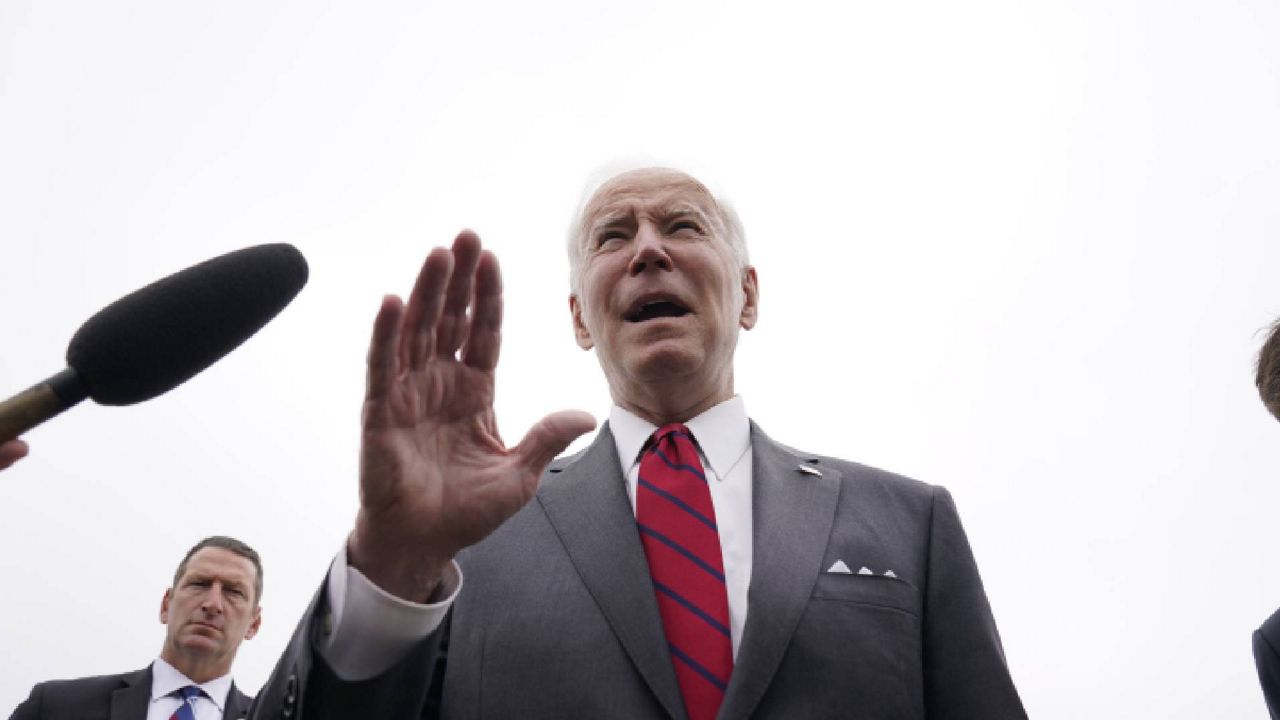The Supreme Court on Tuesday heard arguments about a challenge to a Biden administration deportation policy that directed officers to focus removals on the most dangerous noncitizens.
But the court also spent a significant amount of time focused on whether states such as Texas, who brought the case, have the ability to challenge federal immigration enforcement policies, as they have several times, often ending up before the Supreme Court.
The justices did not reveal on Tuesday which way they were leaning when it comes to the policy, which centers on a September 2021 directive from the Department of Homeland Security that paused deportations unless individuals had committed acts of terrorism, espionage or “egregious threats to public safety.”
The guidance, issued after Joe Biden became president, updated a Trump-era policy that removed people in the country illegally regardless of criminal history or community ties.
The Biden administration’s lawyer argued that it would be “impossible” for DHS to carry out removal of all 11 million unauthorized immigrants living in the U.S.
U.S. Solicitor General Elizabeth Prelogar pointed to the fact that Congress has not provided the federal government with the proper funding to execute federal law, which dictates that federal agents “shall” detain people in the country illegally.
“While Congress and the executive tried to figure it out, it would absolutely scramble immigration enforcement efforts on the ground,” she said.
Chief Justice John Roberts cast doubt on that argument: “It's our job to say what the law is, not whether or not it can be possibly implemented or whether there are difficulties there.”
Texas, on the other hand, said the government’s narrow enforcement of deportations leaves states to deal with other potentially dangerous immigrants and detain people when they deem it necessary. They say the Biden administration is breaking federal law by not carrying out more deportations.
“The states bear many of the consequences of federal immigration decisions,” said Texas Solicitor General Judd Stone.
Liberal justices pushed back on that idea, saying that Texas was not mandated to carry out additional enforcement just because the Biden administration narrowed its policy.
“Isn't it Texas's determination to go after and detain or keep detained these people, you know, a cost that Texas has chosen to incur?” asked Justice Ketanji Brown Jackson.
That topic of cost also struck at the central question of standing – or whether states have legal reasons to challenge the deportation policy.
“If a state comes in and says, ‘I got a dollar’s worth of costs that I can show you,’ … we're just going to be in a situation where every administration is confronted by suits by states that can, you know, bring a policy to a dead halt,” said Justice Elena Kagan.
Solicitor General Prelogar said the costs states were claiming were “indirect harms,” not a direct result of the narrower deportation policy.
She said states do not have the same ability to claim harm as a person or company would. Pregolar pointed out that Tuesday’s case is the latest example of a Republican litigation strategy that has succeeded in slowing Biden administration initiatives by going to GOP-friendly courts.
But conservative Justice Samuel Alito implied that idea is inconsistent with past cases where states brought fair challenges.
“You have a special rule for state standing that disfavors the states. The states are in a less favorable position than they would have been if they were a private entity or an individual,” he challenged.
The Associated Press contributed to this report.






